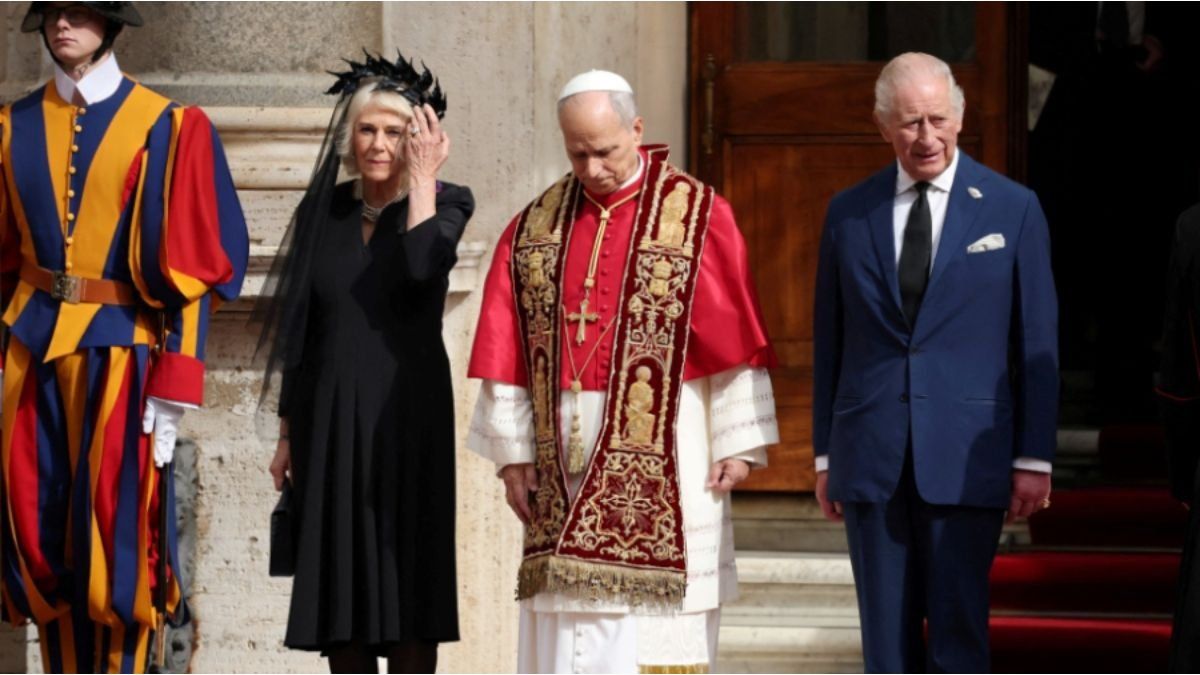The Minister of Finance wants to relieve 48 million citizens of taxes – to compensate for inflation and cold progression. But who benefits how much? And is that socially fair?
Finance Minister Christian Lindner has presented a plan for a kind of tax reform, which has provoked a wild echo of reactions. While some speak of overdue relief for broad sections of the population, others criticize that top earners are benefiting too much. Meanwhile, the Minister of Finance himself indulges in verbal confusion. “This is not about relieving the burden, it’s about waiving the burden,” explained Lindner on Wednesday when presenting his plans. His own guest article in the , in which he explains and justifies the plans, is headed with the words: “Relief for 48 million citizens”.
However. In any case, there is a lot of money at stake – namely ten billion euros. The most important questions and answers.
Why tax reform at all?
The currently high inflation rates are making life more expensive for citizens. Even those who are able to negotiate a pay rise to match inflation lose purchasing power. Because a higher gross salary ensures that you slip into a higher tax rate, so that in the end you don’t have more net money in your pocket. Lindner wants to fight this effect of the so-called “cold progression” with his inflation compensation law.
What exactly is planned?
Strictly speaking, Lindner’s plans are not a structural reform, but an adjustment of limit values. The annual basic allowance, up to which no income tax is paid at all, is to increase from EUR 10,347 to EUR 10,632 in the coming year and to EUR 10,932 in 2024. The other limit values, from which you slip into a higher tax rate, also rise accordingly. Finally, the top tax rate of 42 percent should no longer apply from 58,597 euros, but only from 61,972 euros (2023) and 63,515 euros (2024). The so-called wealthy tax rate of 45 percent for very good earners continues to apply from 277,826 euros.
The child benefit or the child allowance will also be increased. But this has also happened regularly in recent years – just like with the basic allowance – because it is required by law.
Who will now be relieved and to what extent?
That depends on how much you earn. The general rule is: in absolute figures, higher earners receive more relief than low earners. Relative to income, the relief is usually higher for low earners. Anyone who pays no income tax at all because they earn too little (less than the basic allowance) or nothing, has nothing to do with the relief either.
The tax professor Frank Hechtner from the University of Erlangen-Nuremberg has calculated a number of different examples. A childless single with a monthly income of 3000 euros would therefore have to pay 161 euros less tax in the coming year, with an income of 4000 euros it would be 236 euros less and with 6500 euros 536 euros less tax per year. A family of four would be relieved in the coming year by between 192 euros (with an income of 1,000 euros) and 1,204 euros (with a joint income of 15,000 euros), depending on their income.
Is that socially fair?
The opinions are divided. Finance Minister Lindner emphasizes that people with high incomes benefit less from the cold progression compensation than people with lower incomes, although their relief in euros and cents is higher. Bottom line, that’s only fair. He receives support from business representatives such as the industry association BDI and the employers’ association BDA as well as from the CDU/CSU parliamentary group.
In the SPD and the Greens, on the other hand, there is sometimes clear resistance to the relief for higher earners. “Tax relief in the billions, from which many earners benefit three times as much in absolute terms as less earners – that is not up to date,” said Green finance expert Katharina Beck to the RND newspapers. Social associations also criticized and instead of compensating for the cold progression for everyone, they prefer targeted grants for the poor.
This position is also supported by the head of the German Institute for Economic Research (DIW), Marcel Fratzscher. Fratzscher told the Rheinische Post that Lindner’s concept favors high earners, since they receive a large part of the state’s inflationary profits, although inflation hits low earners much harder. Lindner’s plan therefore sets “the wrong priorities” and will further exacerbate inequality and social polarization.”
And what does the Chancellor say? In a first reaction, Olaf Scholz made a diplomatic statement. A spokesman for the chancellor said he viewed the plans with “fundamental goodwill”. They could be “part of an overall relief concept with a view to autumn”. The discussions about who should get what relief has only just begun.
Source: Stern
Jane Stock is a technology author, who has written for 24 Hours World. She writes about the latest in technology news and trends, and is always on the lookout for new and innovative ways to improve his audience’s experience.




